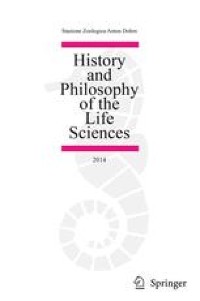The Historical Case for Leisure
0.0 The word “school” finds its roots in the ancient Greek term scholē, meaning leisure—a startling revelation in a world where schooling is synonymous with rigorous schedules, examinations, and relentless toil. For the Greeks, leisure did not imply idleness; instead, it represented a purposeful state of being, one dedicated to intellectual contemplation, creative exploration, and the pursuit of higher virtues. This ancient conception of leisure as essential to learning and innovation continued to resonate through medieval philosophy and early modern thought. By revisiting these historical understandings, we can illuminate the profound role leisure plays not only in personal growth but also in shaping societies and civilizations.
0.1 For the ancient Greeks, leisure was not merely the absence of labor; it was a sacred opportunity to engage with the highest pursuits of human existence. Aristotle, in his Nicomachean Ethics, regarded leisure as the cornerstone of a virtuous and fulfilled life. He argued that the ultimate purpose of human existence—eudaimonia, or flourishing—was best achieved through activities like philosophy, art, and scientific inquiry, all of which required the reflective space leisure provided.
0.2 This emphasis on leisure was deeply intertwined with the structure of Greek society. Manual labor and commerce were largely relegated to slaves and non-citizens, freeing the elite to devote their time to governance, education, and cultural enrichment. While this exclusionary model is ethically problematic by modern standards, it underscores the high regard in which leisure was held as a state essential for higher-order thinking.





















/cdn.vox-cdn.com/uploads/chorus_asset/file/25435912/s85d.jpg)
